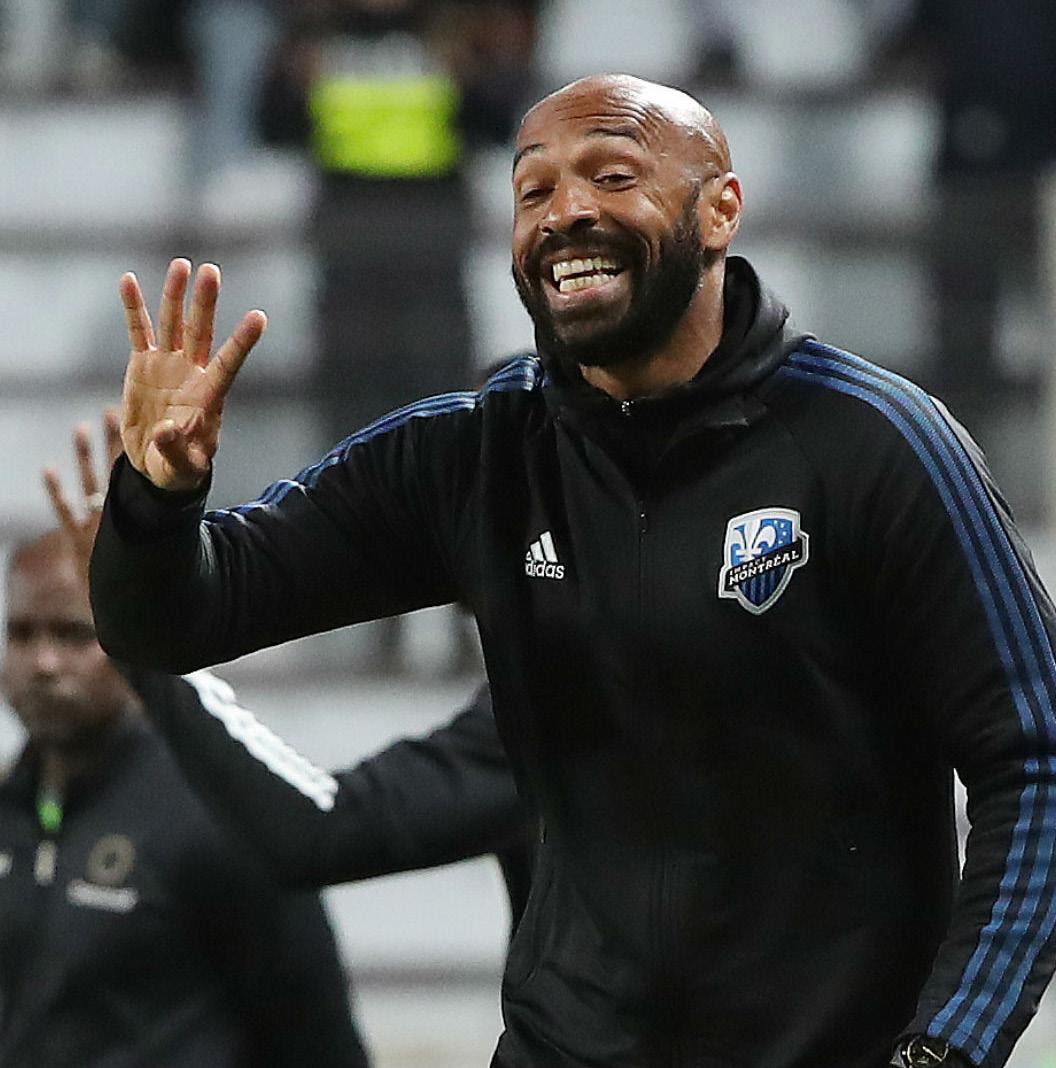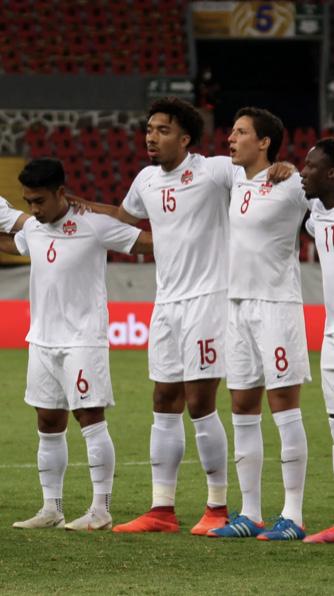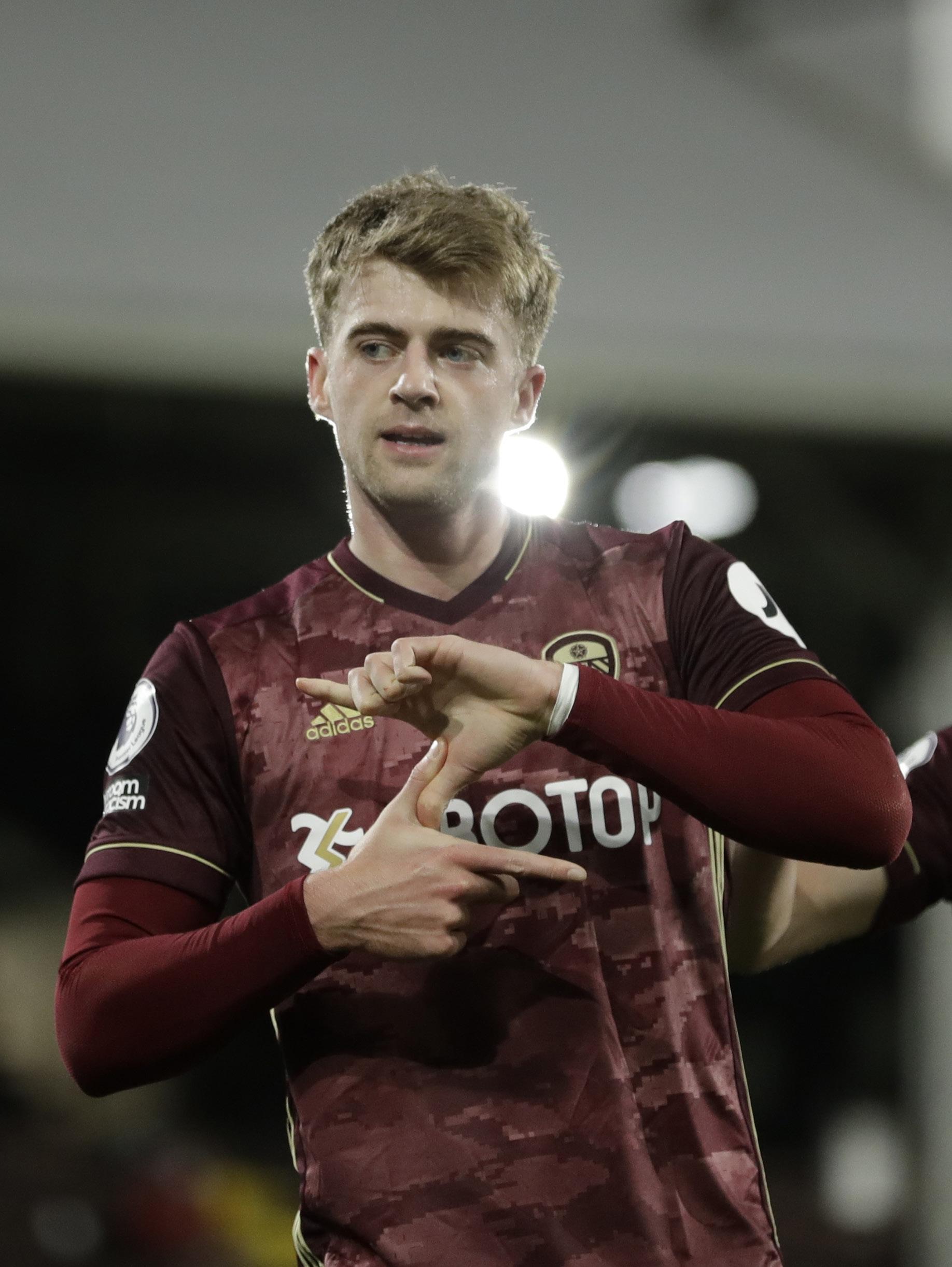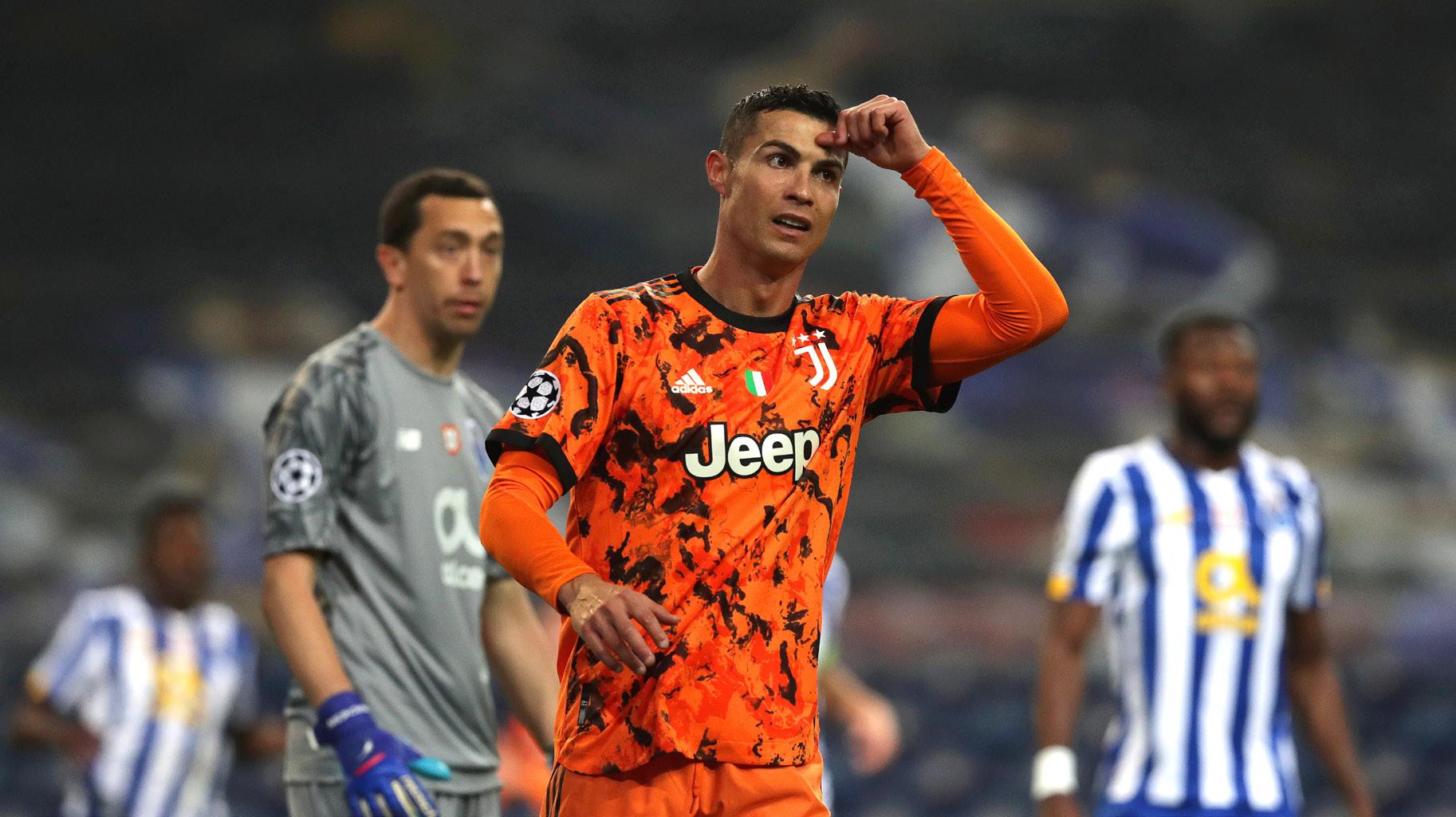
5 minute read
MLS AT THE EUROS
"THEY ALSO REMAIN AS UNPREDICTABLE AS EVER, ENSURING INTEREST IN THE LEAGUE UNTIL THE VERY LAST GAME." START STOP BY: MARCO D’ONOFRIO THE GOOD, THE BAD AND THE UGLY
THE GOOD
Advertisement
Despite all the challenges that COVID-19 continues to present, Major League Soccer is planning to operate a full season with teams playing a total of 34 regular season games – 17 at home and 17 on the road. While it is still not ideal that the league's three Canadian teams will likely have to play all of their home games in the United States or that many stadiums across MLS will be far from full capacity, it is nice to see the league reverting back to a pre-pandemic schedule. Certainly, positive cases and outbreaks could occur and matches will likely be postponed throughout the season, like we've seen in other professional sports leagues, but there is much more hope for the current campaign than there was at this time in 2020. Last year, the league wasn't even sure it would be able to operate and get its season off the ground at all. Some creative thinking led to the MLS is Back tournament that took place in Florida, which helped re-start the campaign. Eventually, the league was able to finish out the season with teams back in their local markets playing games at their home stadiums. Like every other year, the Philip F Anschutz trophy was presented to the MLS Cup champions after a fantastic final. There was a point during the year though that few people were even sure we’d ever see a 2020 MLS Cup final.

Heading into the 2021 campaign it is much more uplifting to know that players and coaches will not be forced inside a resort to play games on a training ground pitch like they were for the MLS is Back tournament. There is still plenty of more progress that needs to be made, but the league is heading in the right direction as it navigates past the pandemic.
THE BAD
Major League Soccer has done well to grow its brand and expand exponentially since its inception in 1996, however the pandemic has greatly slowed plans down over the last year for many clubs. While the league is planning a full season, there is still plenty of uncertainty and concern regarding COVID-19. It does seem promising that most teams will be able to host fans again, there will still be capacity limits with organizations earning a fraction of the match day revenue that they are typically used to. As a result, teams have been much shyer about splashing the cash to make a big impact signing. In 2020, we saw a combined total of 31 Designated Players brought into the league. So far in 2021, we have seen just four new Designated Players arrive prior to the season starting. Toronto FC for example, has had all three Designated Player slots filled up since the 2014 campaign but have only two DPs on their roster currently. Even if TFC are willing and able to spend big money on a superstar calibre player, most are not eager to join a club that still cannot play home games in their own country or commit themselves or their family to a massive upheaval while so much uncertainty persists. It was the biggest reason why Thierry Henry opted to resign from his position as head coach with Club de Foot Montreal. “The last year has been an extremely difficult one for me personally,” Henry said in a statement at the time of his resignation. “Due to the worldwide pandemic, I was unable to see my children. “Unfortunately due to the ongoing restrictions and the fact that we will have to relocate to the United States again for several months, [this year] will be no different. The separation is too much of a strain for me and my kids. Therefore, it is with much sadness that I must take the decision to return to London and leave CF Montreal.”
THE UGLY
The United States will miss out on the Olympics for the third straight tournament this summer, while Canada hasn't qualified for the U-23 showcase since 1984. The Americans were shockingly ousted by Honduras in the semi-finals of the Olympic qualifying tournament with the Canadians being beaten by hosts Mexico in the same round. Despite the disappointment of missing out on the Olympics for the Canadians, they weren't really expected to qualify in the first place. That certainly wasn't the case for the Americans. Following the loss to Honduras, the American media was up in arms demanding answers and calling for changes. The usual suspects of Taylor Twellman and Alexi Lalas were all over social media questioning the country's lack of ability to reach major tournaments. But in Canada, hardly a whimper. Most people didn't even know Canada were playing Mexico for a shot at Olympic glory. It wasn't covered by any mainstream television or radio network and was only available to the hard core Canadian soccer fans who subscribe to Onesoccer – a streaming service that primarily covers the national team and Canadian Premier League. Unlike the World Junior Hockey Championship, which has become a Canadian tradition around Christmas holidays and even has its pre-tournament exhibition games broadcast on national television, there is a real lack of exposure for Canada's young soccer talent. It's hard for the country to progress and improve at the international level if nobody is even given the opportunity to care. Canada has made significant strides on the pitch by developing some of the world's top young talent, but it has become abundantly clear that more needs to be done off the pitch if the country is ever going to reach the next level on the international stage.

ABOVE (OPPOSITE PAGE): The MLS is Back Tournament was a good way to deal with the Pandemic
BOTTOM (OPPOSITE PAGE): Thierry Henry, coach of Club de Foot Montréal
ABOVE: Tajon Buchanan, on Canada's U-23 team, argues a call
BELOW: Canada's U-23 lines up before an international game

ITALIAN TRADITION AND QUALITY 1969











